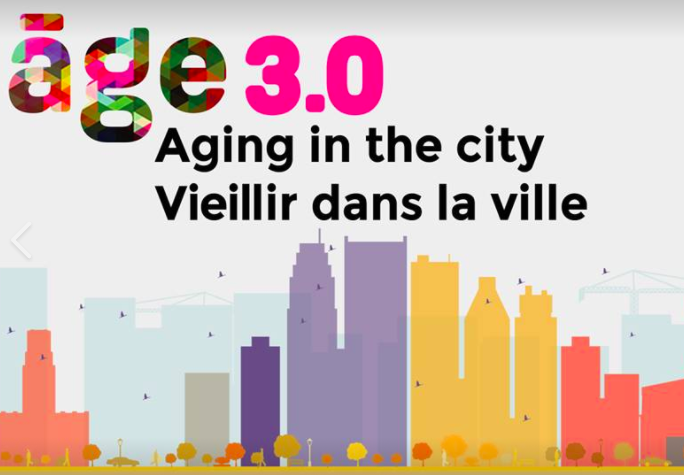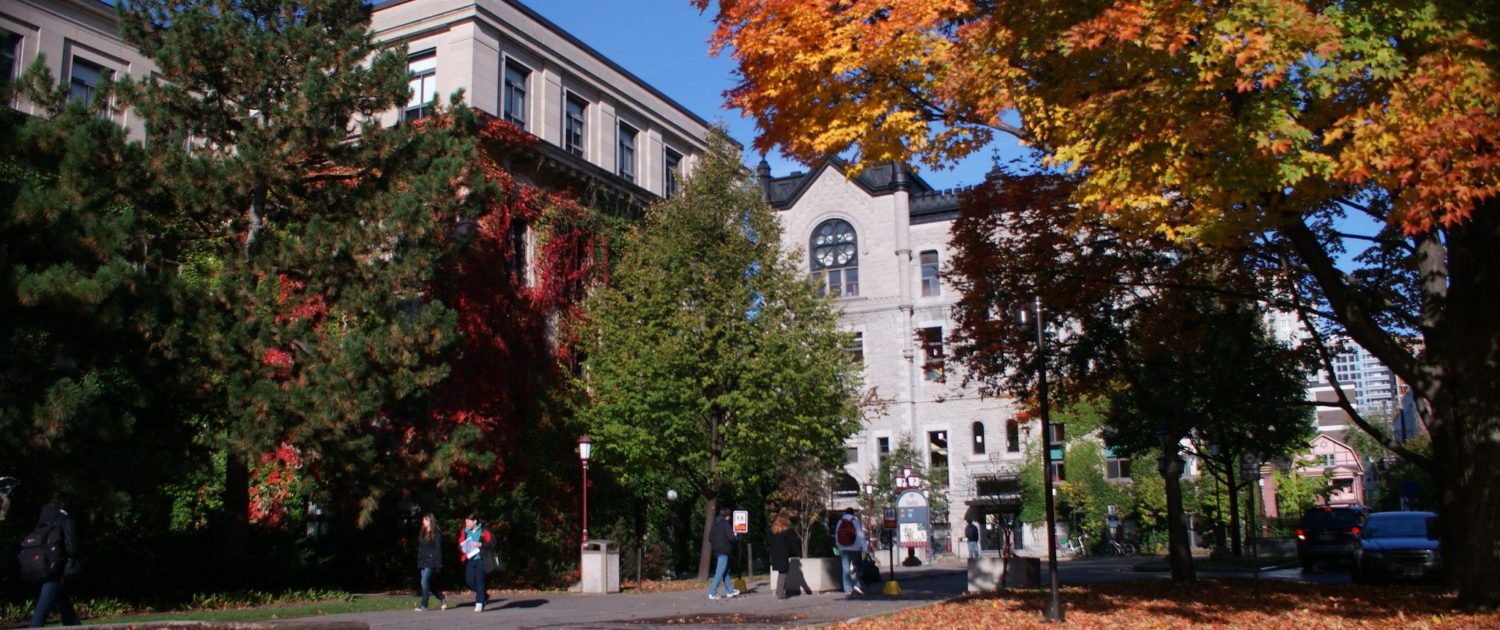Age 3.0 Aging in the City – Concordia University, November 1
From age friendly cities, to smart cities to sustainable cities, how we live, work, play, engage and negotiate the urban environment is on the public agenda. On November 1, 2017, Age 3.0: Aging in the city will explore the multiple intersections of innovation, technologies and aging, and bring together voices from the university, Montreal-based community groups, and local businesses to explore what it means to grow older together in the city.
For full details, visit our project page: https://actproject.ca/act/age-3-0/


